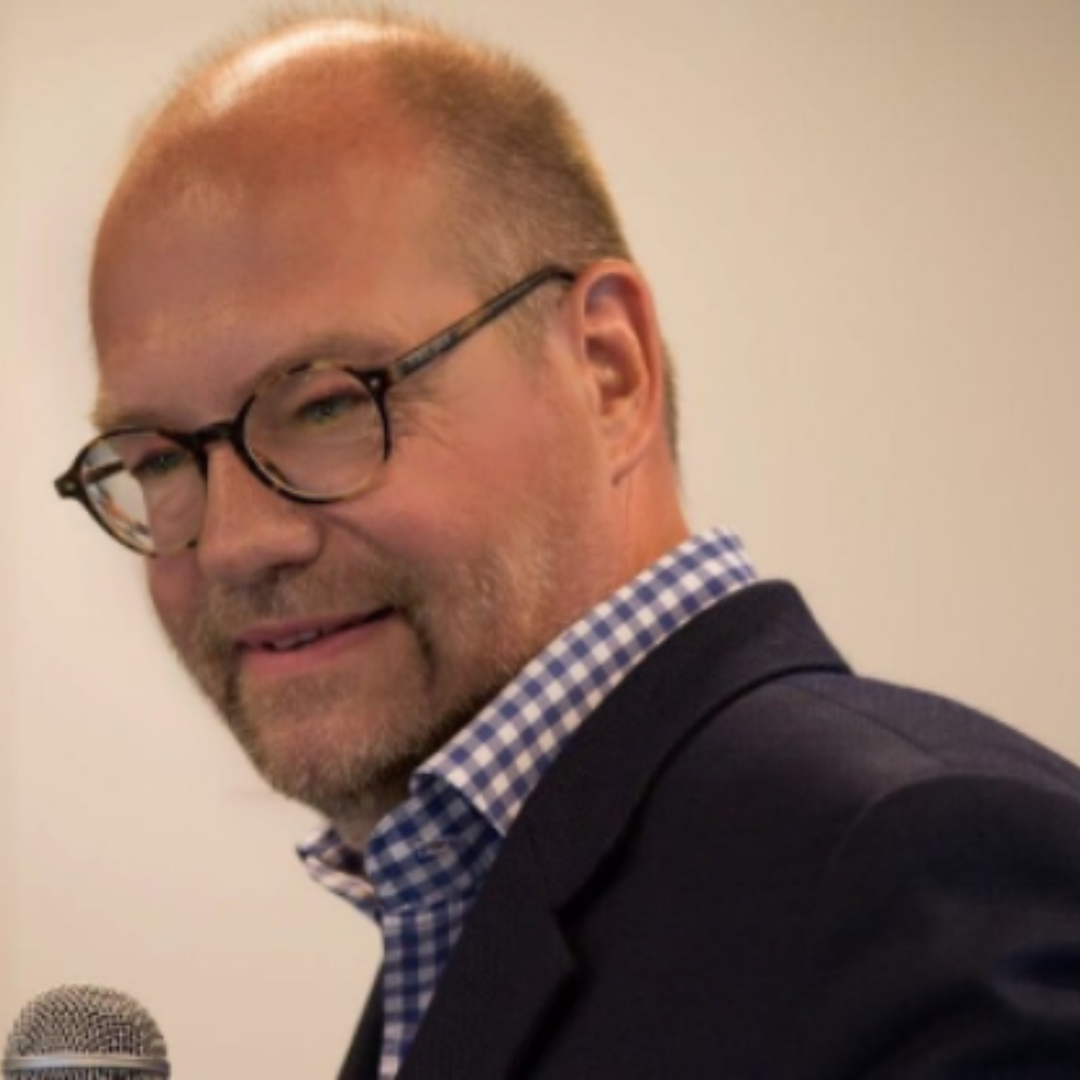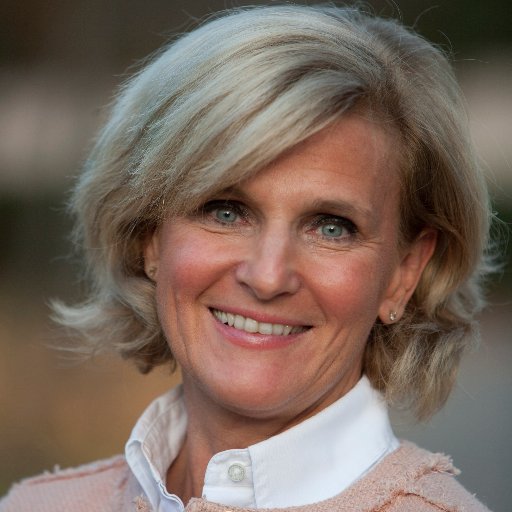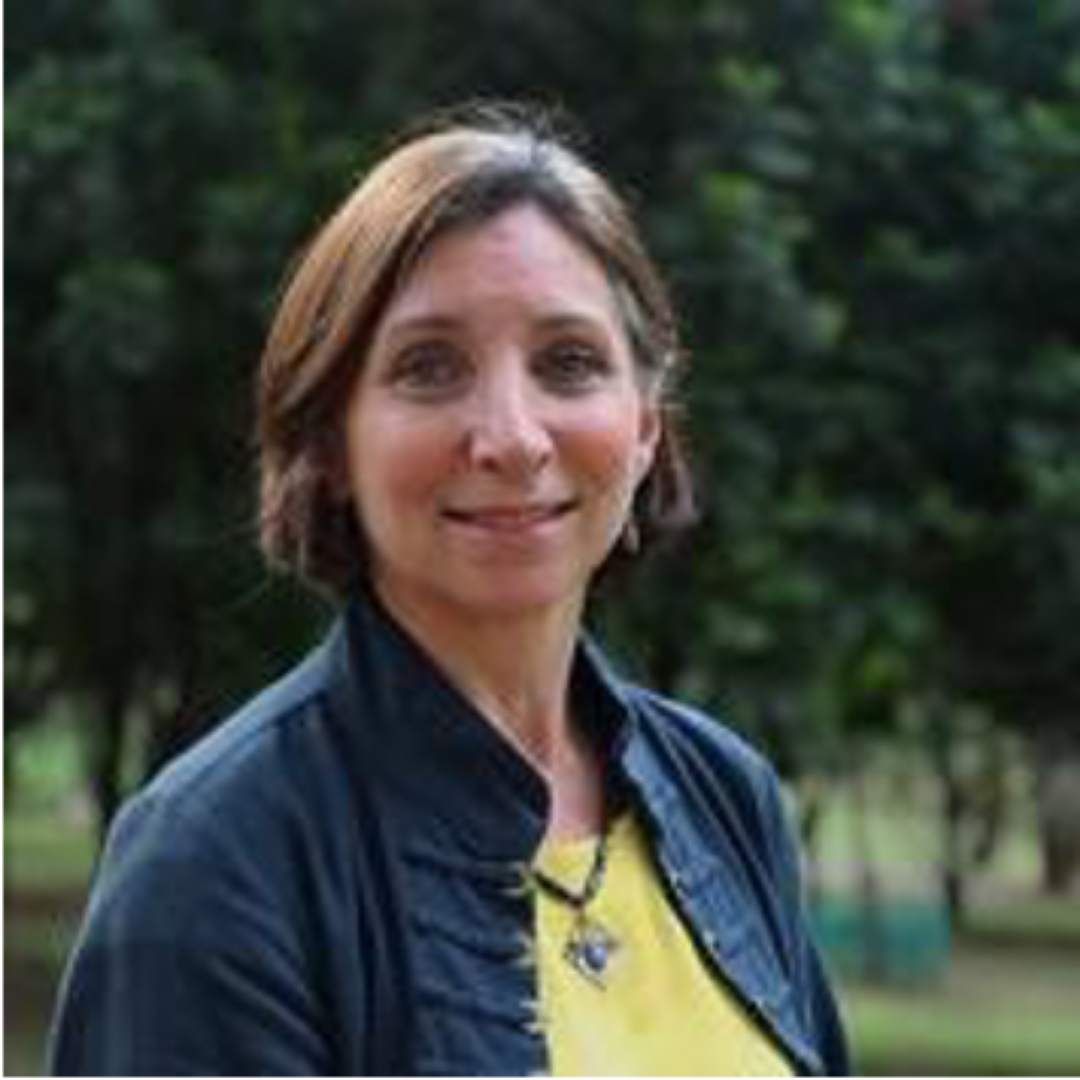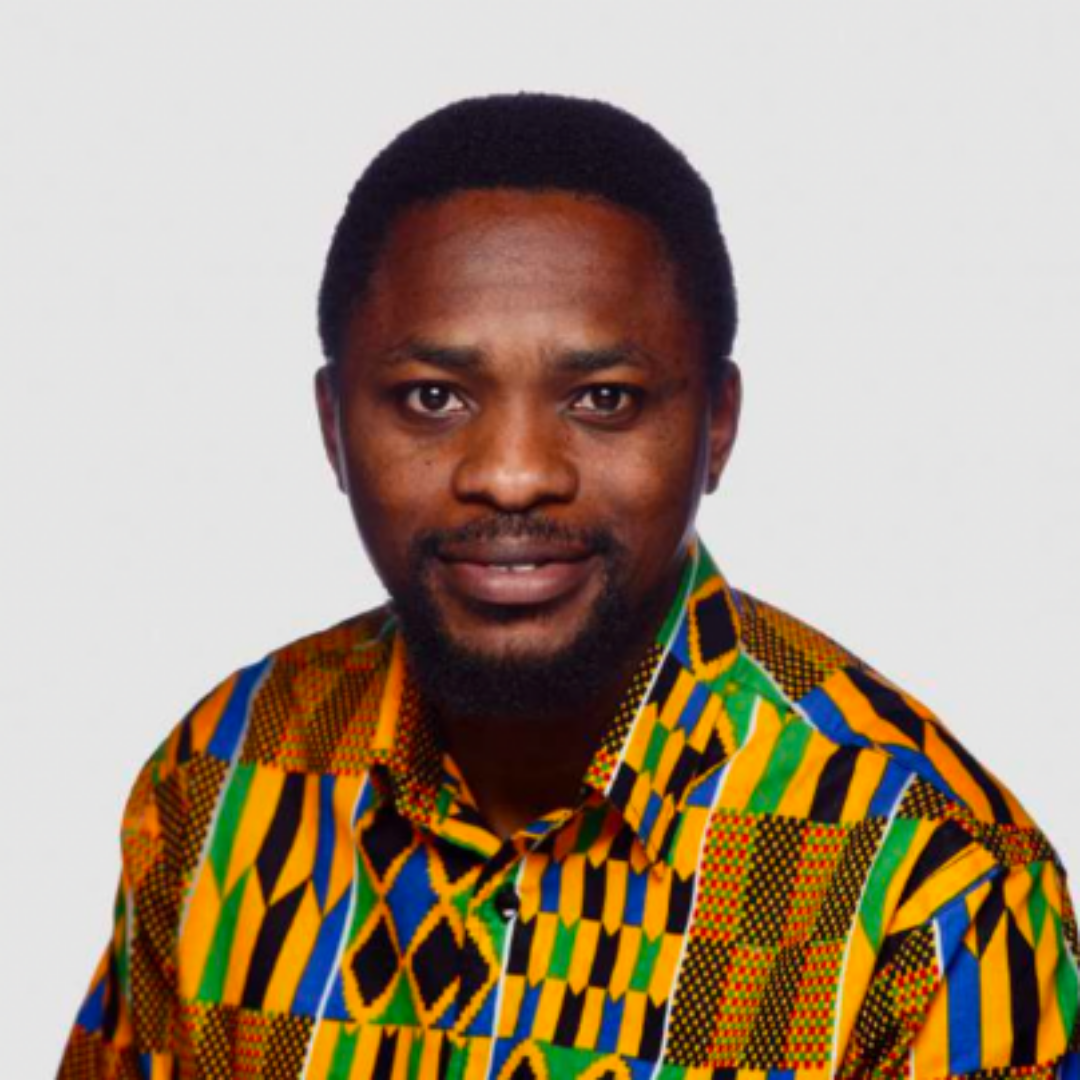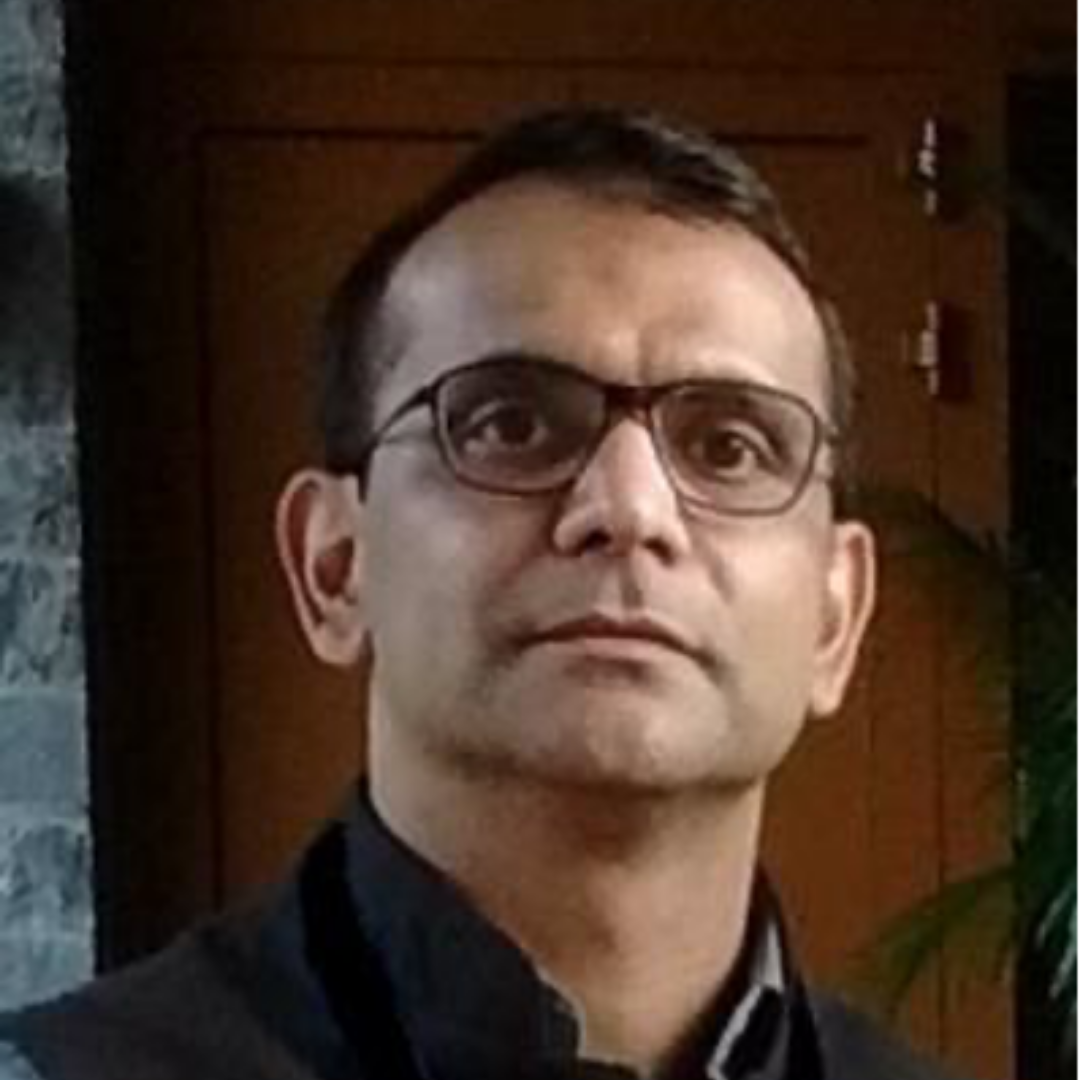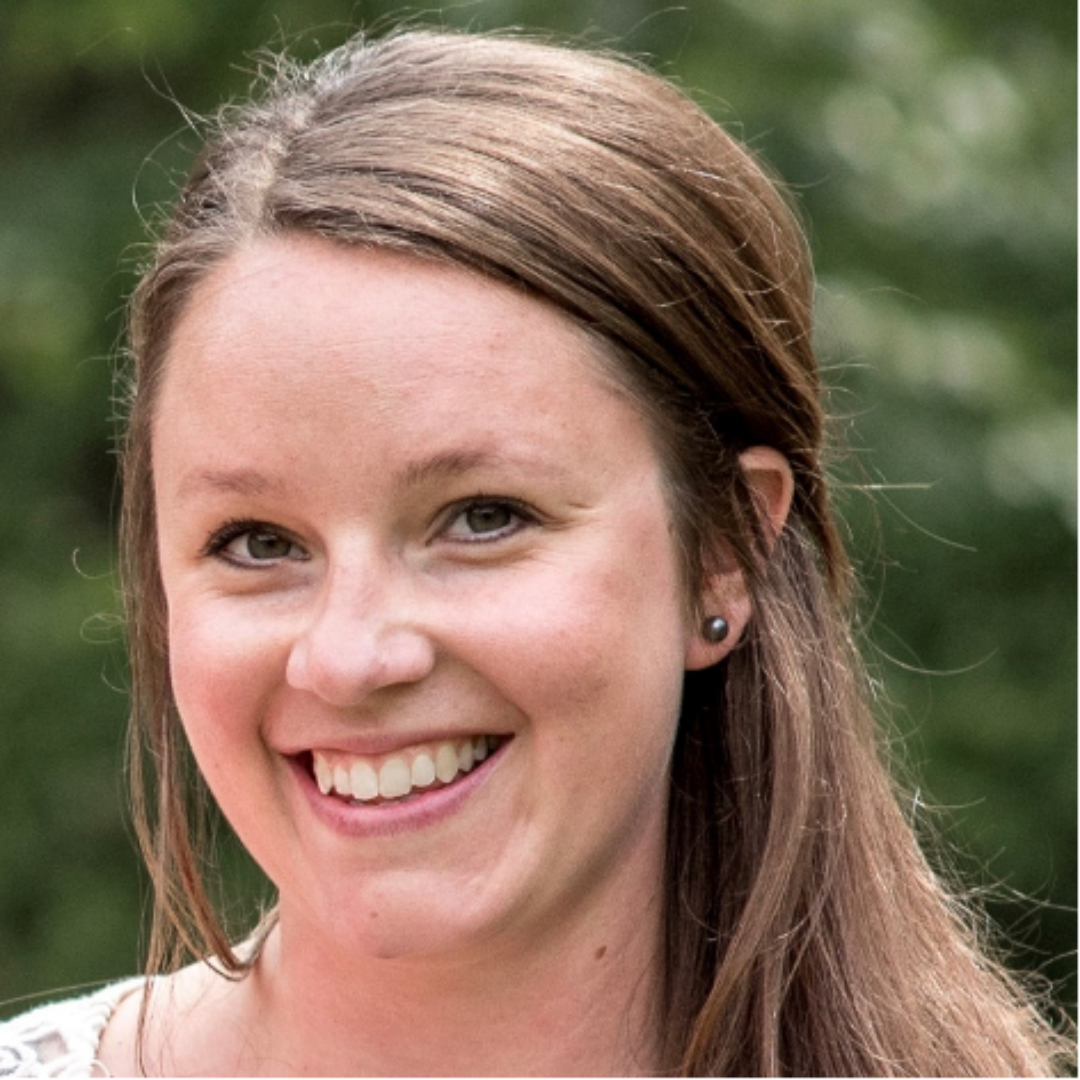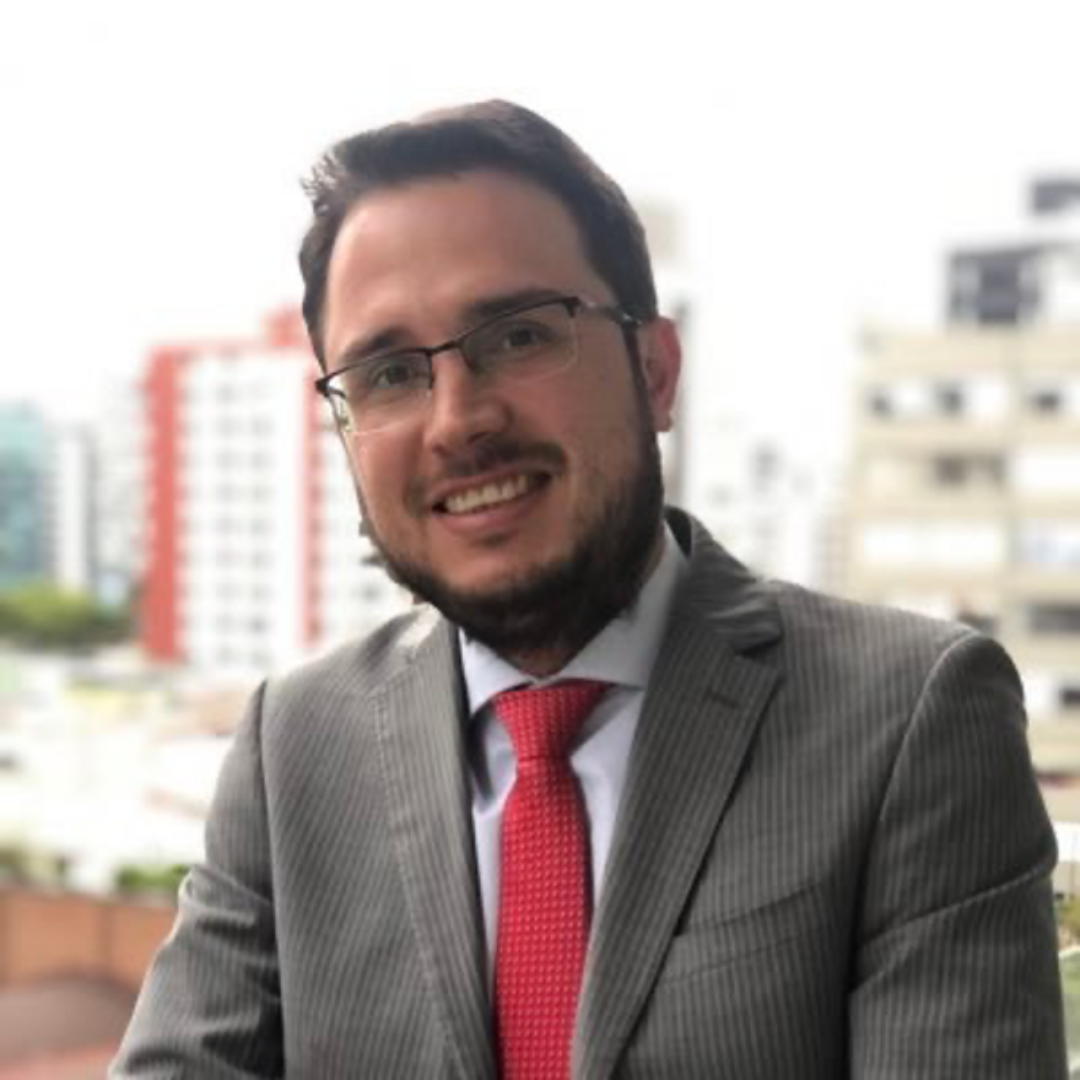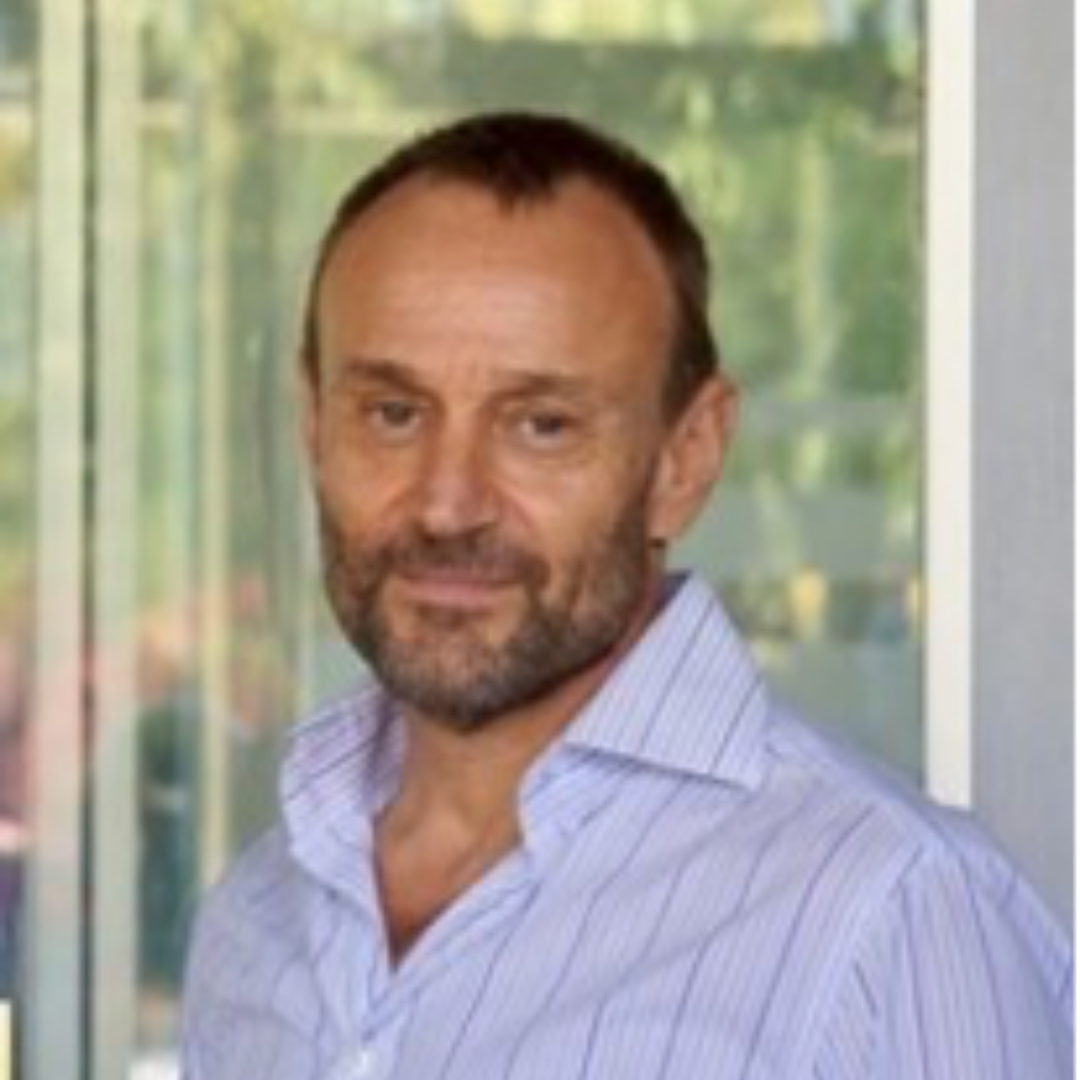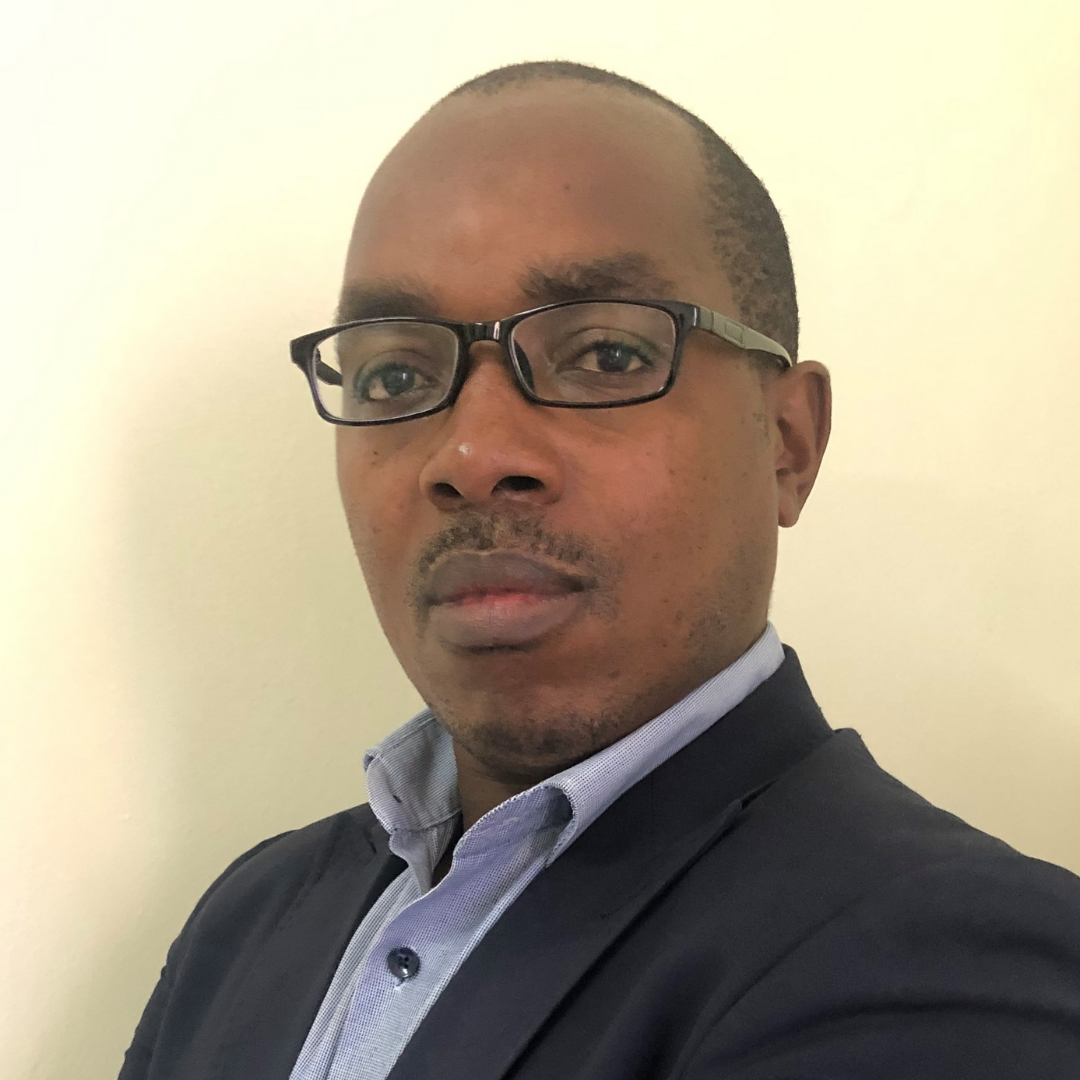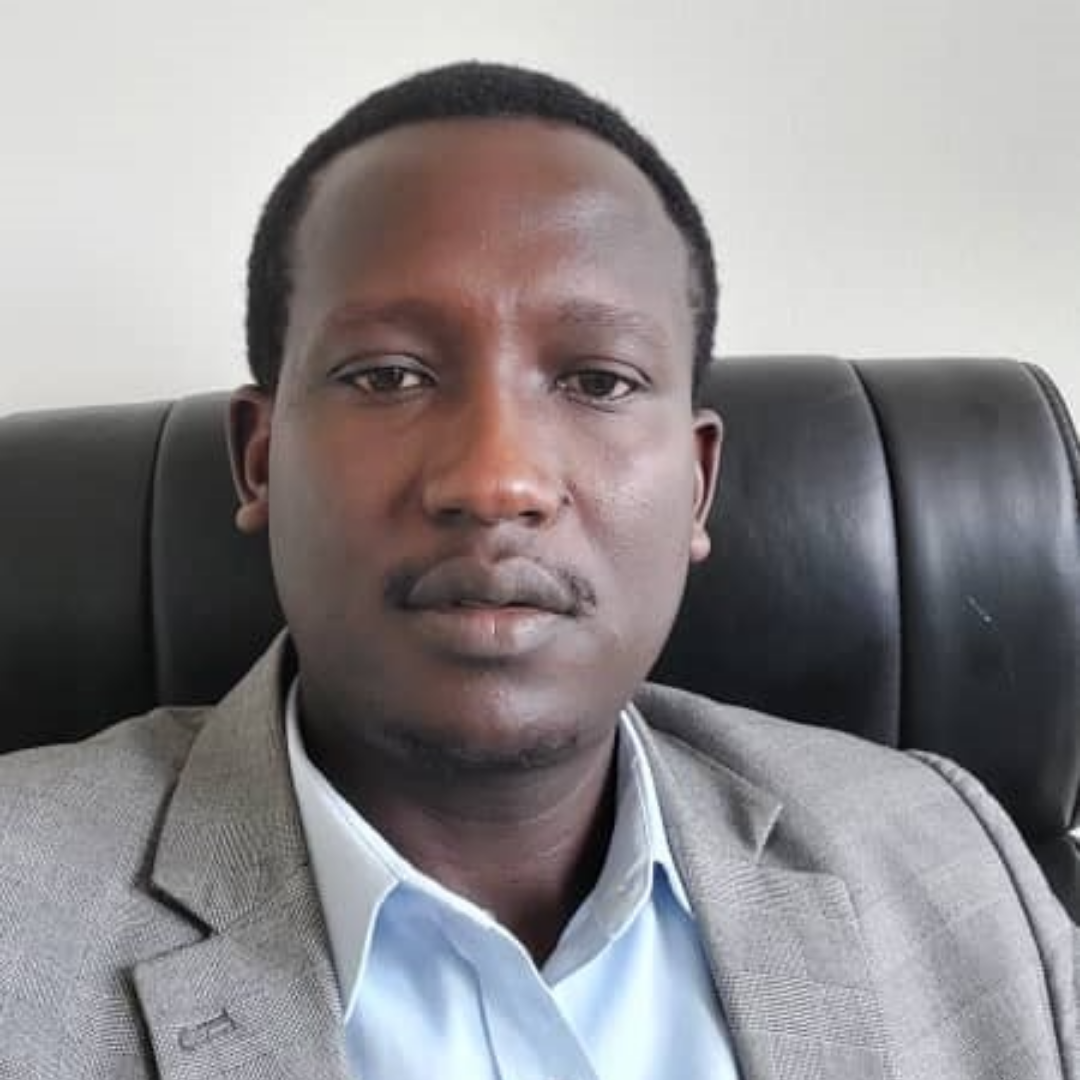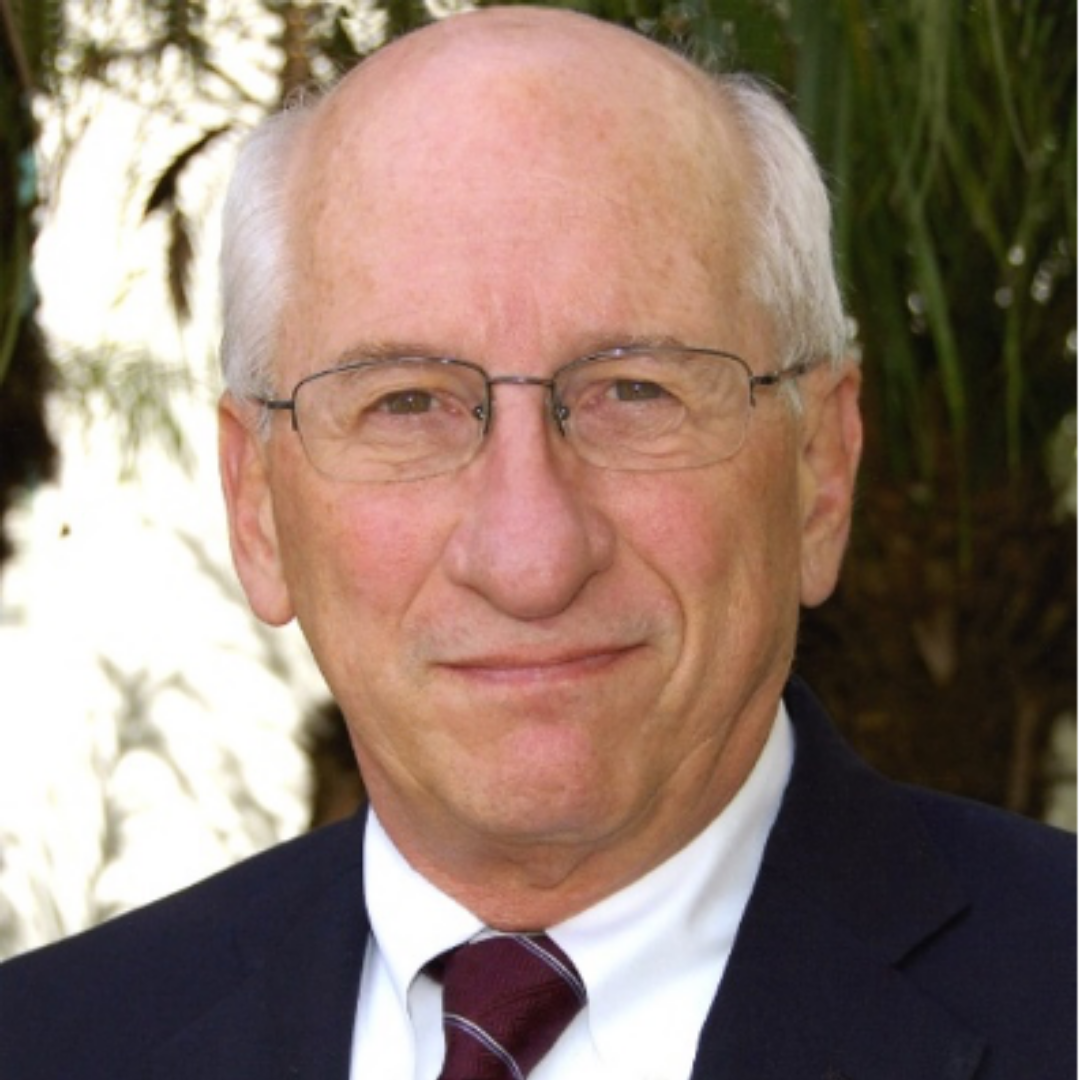Objectives:
- To shed light on the global detrimental impact of tobacco product waste on environment, economy, societies, human health, biodiversity and water bodies
- To provide clarity on the policy concept of Extended Producer Responsibility and its practical application by presenting case studies
Tobacco control experts and environmental advocates from around the
world will join our roundtable discussion to
connect the dots between Extended Producer Responsibility, tobacco industry
liability and polluter pays principle.
Panelists will discuss policy options for mitigating tobacco product waste, which will include case studies from Kigali and San Francisco.
Speakers:
Ms Jaimie Guerra, Moderator, Communications Officer, WHO | Ms Guerra has more than 14 years of experience in communications and stakeholder engagement. For the past 8 years she has been with WHO in the Department of Communications, now focussing on noncommunicable diseases. Previously she was with WHO’s department of Coordinated Resource Mobilization supporting advocacy and engagement with donors and partners. Before joining WHO she was a Broadcast Journalist for World Radio Switzerland, where she produced original content, including for partners at the BBC. She holds an MBA from the University of Geneva and a BA from the University of Dayton in Public and International Relations. |
Dr Rüdiger Krech, Director, Health Promotion, WHO | Dr Rüdiger Krech is the Director of the Department of Health Promotion at the World Health Organization (WHO) in Geneva since September 2019. He heads WHO's work on risk factors such as tobacco consumption and harmful use of alcohol; he is responsible for work on health-promoting settings and programmes for more physical activity. In addition to the normative work, his team supports member states in public health legislation and ways to impose additional taxes on unhealthy products. Prior to this, Dr Krech was the Director of Universal Health Coverage and played a key role in placing this issue on the global health agenda. From 2009-2014, Dr Krech was the Director of Social Determinants of Health and Equity, and was responsible, among other things, for organizing the World Conference on this topic. Prior to joining WHO, Dr Krech worked at the German Agency for International Cooperation (GiZ), where he developed and implemented the Social Protection agenda for Germany's development cooperation, and at the WHO Regional Office for Europe in Copenhagen, where he was Head of Unit for Healthy Ageing. Dr Krech studied educational science and human medicine and was one of the first public health (MPH) graduates of a German university in 1991. He was awarded a doctorate in public health (DrPH) at the University of Bielefeld. Dr Krech is married and has three adult daughters. |
Dr Maria Neira, Director, Environmental and Public Health, WHO | Dr Maria P. Neira was appointed Director, Environmental and Public Health, World Health Organization, Geneva, Switzerland in September 2005. Prior to that, she was Vice-Minister of Health and President of the Spanish Food Safety Agency. She had previously held several senior positions in WHO. Dr Neira began her career as a medical coordinator working with refugees in the Salvador and Honduras for Médecins Sans Frontières (Doctors Without Borders). Dr Neira is a Spanish national, and a medical doctor by training. She specialized in Endocrinology and Metabolic Diseases; and Public Health. Dr Neira has been awarded the Médaille de l'Ordre national du Mérite by the Government of France and is a member of the Academy of Medicine, Asturias, Spain. In 2019, Dr Neira was nominated as one of the world’s most influential people in climate policy, her work has been recognized in raising awareness on health, climate and air pollution. |
Dr Adriana Blanco Marquizo, Head of the FCTC Secretariat | On March 2020, Dr Adriana Blanco Marquizo, from Uruguay, took office as the new Head of the Secretariat of the WHO FCTC. Dr Blanco Marquizo is a medical doctor with a master’s degree in Policies to Prevent Addictions in Children and Adolescents. She actively participated in tobacco control activities in her home country Uruguay, which contributed to Uruguay becoming the first smoke-free country in the region of the Americas. Before joining the Secretariat of the WHO FCTC, Dr Blanco Marquizo worked as Chief of the Risk Factors and Nutrition Unit in the Department of Noncommunicable Diseases and Mental Health at the Pan American Health Organization (PAHO). Over the past two decades, Dr Blanco Marquizo has worked in the region of the Americas, supporting tobacco control activities in many countries of the region. |
Dr Monika Gail MacDevette, Chief, Chemicals and Health Branch, Economy Division | Dr Monika Gail MacDevette is an environmental physiologist, having received her BSc, MSc and Doctorate in plant biotechnology and genetic engineering. For the past 30 or so years, she has worked extensively in applied science and technology innovation in the fields of agriculture, forestry, and coastal and marine development. Prior to joining the UN Environment Programme, her work experience in Canada and South Africa included academia, policy implementation, multi-stakeholder and private sector partnerships, small, medium and micro-enterprise technology transfer and capacity development. Her background at UN Environment Programme started with regional cooperation and coordination, partnership management at UNEP-WCMC, Deputy Director and Chief of both the Capacity Development, and the Scientific Assessment Branches in the Science Division. She was also Deputy Director, and headed the Operations and Programme Delivery Branch in the Ecosystems Division. She is now Chief of the Chemicals and Health Branch at the Economy Division. Monika has a deep interest in, and commitment to gender equality and the role of women and men in transforming the environmental agenda from a policy perspective. She currently leads the organisation’s environmental education work promoting the active participation of students in environmental sustainability at university campuses, engaging students and youth as leaders and role models for sustainability through education. Her niche at the UN Environment Programme is promoting sound science to inform policy, and fostering innovations to turn policy into actions. |
Mr Olumide Idowu, ‘Mr. Climate’ Environmental Champion | Olumide advocates for environmental consciousness and champions a balanced approach to development and environmental conservation. He is equally passionate about development as he is about climate change and environmental conservation efforts. Olumide IDOWU is the co-founder of the International Climate Change Development Initiative, a non-governmental institution that seeks to grow climate-smart generations across Africa while addressing gaps in development. He is also the Youth Focal Point in Nigeria for UNDP Small Grant Program, Youth Lead Author Global Environmental Outlook (GEO6) & Executive Coordinator for African Youth Initiative on Climate Change. He is an alumnus of the International Visitor Leadership Programme (IVLP) to the United State of America and the Atlas Corps Fellow. |
Dr Abhijit Banerjee, Professor, Environmental Studies, Jindal School of Liberal Arts and Humanities | Dr Banerjee is Professor of Environmental Studies at the Jindal School of Liberal Arts and Humanities. He has more than 10 years of teaching/research experience in the US that have included several peer-reviewed publications and presentations at international conferences. In the US, he was actively involved with the Association for Advancement of Sustainability in Higher Education (AASHE) and played a leading role in various campus sustainability initiatives. After returning to India, Abhijit has worked in environmental policy implementation with the German Agency for International Cooperation (GIZ) and the United Nations on issues related to climate change, resource efficiency and circular economy. His expertise on resource efficiency/circular economy has led to consulting opportunities with NITI Aayog (Government of India policy body), Ministry of Housing & Urban Affairs, and Ministry of Environment, Forest & Climate Change. Abhijit’s areas of interest/specialization include environmental and energy policy, resource efficiency and circular economy, environmental politics and global environmental governance. |
Ms Rachel Rose Jackson, Director of Climate Policy and Research, Corporate Accountability International
| Rachel Rose Jackson is Director of Climate Research and Policy at Corporate Accountability, an international organization with more than 40 years’ experience challenging the abuses of transnational corporations. An investigative researcher, public health and corporate accountability policy expert, and climate justice advocate, Rachel Rose has over a decade of experience in both academic and civil society settings monitoring and exposing how the vested interests of corporations undermine legitimate efforts to address inequities and systemic crises. Her research helped document and expose British American Tobacco's use of "questionable payments" in the African region. She has also closely followed multilateral processes such as the UNFCCC and has been part of coordinating global efforts to address conflicts-of-interest in international climate policymaking. She holds an MSc in Global Health and Development from University College London. Her work has been published in academic outlets such as the BMJ, media outlets such as the Guardian, and extensively in grey literature.
|
Mr Daniel Dorado, Director of Policy and Tobacco Campaign, Corporate Accountability International | Daniel Dorado is the Director of Policy Organizing and Tobacco Campaign: International & Latin America, at Corporate Accountability, an international organization with more than 40 years’ experience challenging the abuses of transnational corporations. He is a lawyer (Javeriana University-Colombia) with a Masters in Law specializing in constitutional law (Simon Bolivar Andean University-Ecuador), with specializations and certifications in tobacco control (Johns Hopkins University Bloomberg School of Public Health, among others), methodology of legal comparison: models of constitutional justice, supranational, electoral and environmental (Bologna University-Italy), administrative law (Simon Bolivar Andean University-Ecuador), consumer law (Externado University-Colombia) and medical malpractice law (Javeriana University-Colombia). Dorado has more than 10 years of experience in tobacco control, tobacco industry liability, public health, and corporate capture issues. He also follows multilateral processes such as the UNFCCC, sharing his expertise on the WHO FCTC precedent around the global efforts to address conflicts-of-interest and liability in international policymaking. His work has been published in academic outlets such as the BMJ, global media outlets, and extensively in grey literature. |
Mr Laurent Huber, Executive Director of Action on Smoking and Health (ASH) | Laurent is the Executive Director of Action on Smoking and Health (ASH); a US based non-governmental organization fully devoted to supporting global health and international tobacco control efforts. While managing and directing both ASH and the Framework Convention Alliance (FCA), Laurent also helped facilitate the integration of tobacco control alongside non-communicable diseases and its risk factors in the UN and global development agendas. He now leads ASH’s campaign to strengthen the link between the tobacco control and human rights. For his long-lasting efforts in health and international tobacco control, Laurent received the American Lung Association-C. Everett Koop Foundation Award in 2005 and an award from the Ministry of Health of Saudi Arabia in 2007. Under his leadership and direction, the FCA also received the prestigious Luther Terry Award in 2006, the Premio SEDET in 2008, the WHO World No Tobacco Day Award in 2011, and ASH was awarded the Health Leadership Award by the U.S. Surgeon General in 2014. |
Mr Innocent Habimana, WHO, National Professional Officer/Climate Change, Health and Environment (CHE), WHO Rwanda | Mr Innocent Habimana, from Rwanda has over 14 years of experience supporting environmental programmes in Rwanda, South Sudan, DRC and Haiti. In his current position as National Professional Officer in Charge of Climate change, Health and Environment (CHE) programme with WHO/Rwanda, he is leading WHO’s work in implementation of different environmental health related projects in the areas of Water, Sanitation and Hygiene (WASH), waste management, clean energy, climate change and food safety at different levels such as household, community, health care facilities, and emergency settings. More to that, Innocent acts as liaison with other sectors to ensure inter sectoral approach to WHO’s work especially the mainstreaming of health across the other sectors and SDGs. Mr Innocent HABIMANA is an Environmental Engineer and Public Health Professional with a Master’s degree in Environmental Engineering from the Czech University of Life Sciences in Prague, as well as a Master's degree in Public Health from the University of Rwanda, College of Medicine and Health Sciences (CMHS). |
Mr Frederick Kamusiime, Trade Economist | Mr Frederick Kamusiime is a trade economist with practical experience in formulating national and regional trade and investment policies, negotiating trade agreements and implementing regional and multilateral trade agreements. Frederick has hands-on work experience in the Pacific Region and Africa with a focus on East African Community. His work experience includes writing policy papers to inform regional Ministerial Meetings’ decisions on multinational issues. The Example is policy paper on the link between Non-Communicable Diseases and trade policies, which provided policy recommendations for Pacific Trade Ministers to use trade policies to fight non-communicable diseases including through disincentivising importation and consumption of tobacco and sugar and sweetened products. Frederick has multidisciplinary academic qualifications, with an undergraduate degree in economics and postgraduate degree in Poverty Reduction with specialization in food and agriculture policy. |
Dr Tom Novotny' Professor Emeritus of Epidemiology and Biostatistics, San Diego State University | Dr Novotny is Professor Emeritus of Epidemiology and Biostatistics at the San Diego State University (SDSU) School of Public Health. He is a graduate of the University of Nebraska Medical Center (MD 1973) and Johns Hopkins Bloomberg School of Public Health (MPH Epidemiology 1992). In 2010, he founded the Cigarette Butt Pollution Project, a research, educational, and advocacy non-profit organization that addresses tobacco’s impact on the environment. |
Dr John Schneider, Health Economist and Principal, Avalon Health Economics
| Dr John Schneider is a health economist and Principal with Avalon Health Economics, which is a global consultancy focused on health economics, policy and law, with offices in the United States and London. His areas of expertise are economic modelling, data analysis, environmental health, and policy analysis. In the past he has had faculty appointments at the University of Iowa, Drew University, and New York University. In addition to his work with Avalon, he currently serves as a member of research teams at Columbia University and San Diego State University. Through his research appointment at San Diego State University, he is conducting a multi-year study of the economic impact of tobacco product waste on communities in California. His PhD is in Health Economics, from the University of California Berkeley. He has more than 50 publications in peer reviewed journals, and book, The Business of Health. |


